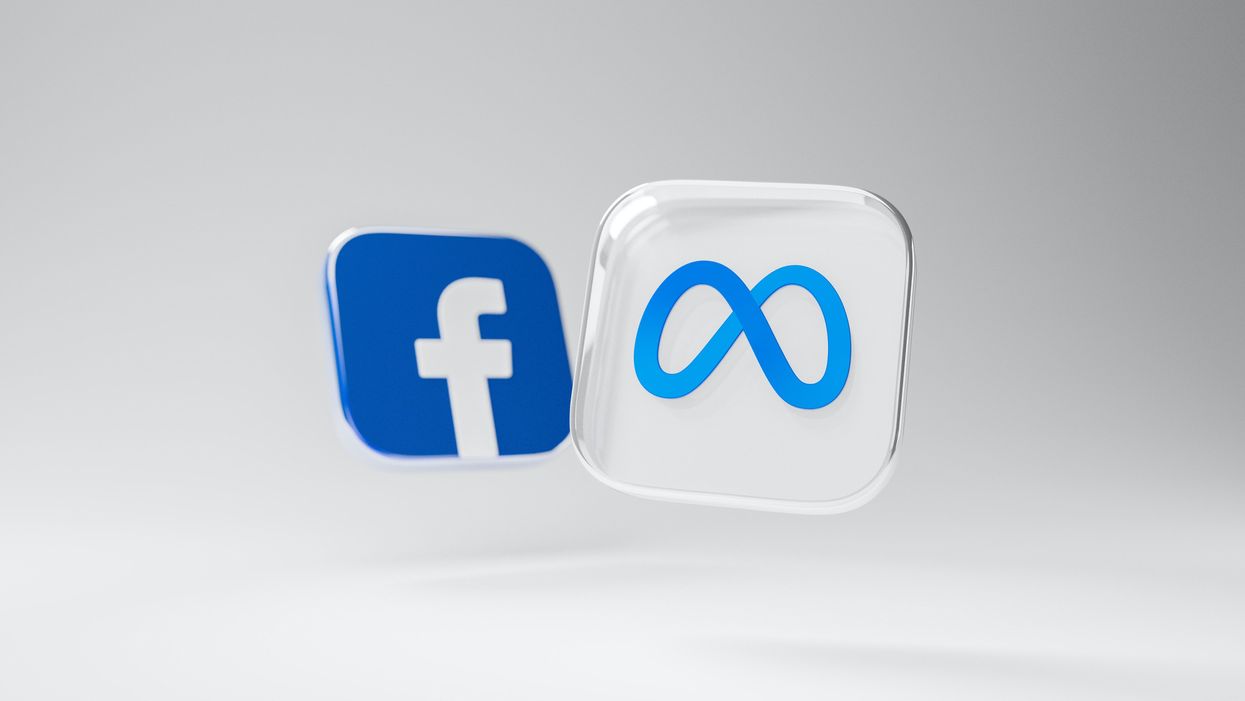More than a year after the announcement of privacy-oriented changes to iOS 14 that reshaped the landscape for advertisers, platforms are working on new tools that make adjustments for the new digital marketing environment.
Few have more incentive to roll out fresh approaches than Meta. The Facebook and Instagram parent became the go-to platforms for brands looking to reach customers through performance marketing. In the wake of iOS 14’s full implementation over the second half of 2021, Meta said the changes would cost $10 billion in revenue in 2022. Factor in a pullback in spending due to macroeconomic headwinds and a dip in ecommerce demand, and the company reported its first-ever decline in ad revenue in the second quarter. Small businesses are seeing more pronounced impacts from the changes in 2022, and are pulling back marketing spending as customer acquisition costs go up, the Financial Times reported.
Facebook is seeking to answer all of this with new ad products. While recapping the most recent quarter, Meta leaders said they are focusing on developing AI tools that assist in advertising in response to the changes.
“Advances in AI enable us to deliver better-personalized ads while using less data,” Meta CEO Mark Zuckerburg told analysts on the July 27 earnings call. “So it powers automated messaging and creation tools to let businesses run better-performing campaigns, which is particularly important for small businesses that don't have big marketing departments and that have been hit hard by Apple's policy changes.”
This week brings news that new AI-powered tools for ecommerce and retail brands is set to arrive on Facebook this month.
Called Advantage+ Shopping Campaigns, Facebook said these tools eliminate many of the manual steps of creating campaigns, and automate up to 150 campaign combinations at once.
“We’ve found that 52% of consumers want to find brands and products they haven’t heard about, but align with their shopping preferences,” the company wrote in an announcement. “Through Advantage+ solutions, advertisers can tap into the power of AI to provide more relevant campaigns to the people who matter most to their businesses.”
Ecommerce and retail brands will get access on August 15. Small businesses will receive access, as well. The tool was previously announced earlier this year as Meta detailed its Advantage products, which include tools to expand the audience they can reach by taking advantage of opportunities identified in lookalike audiences and targeting preferences. Generally, the Advantage+ products are designed to allow advertisers to automate an entire campaign flow, or a key part of setup.

A screenshot of an Advantage+ Shopping campaign. (Photo via Meta)
On the earnings call, Meta leaders also detailed ads that send people who click on ads directly to a chat with the business doing the advertising. Zuckerberg said 40% of advertisers are using this click-to-messaging service.
“Click-to-Messaging ads is one of our fastest-growing ad formats,” said COO Sheryl Sandberg, a key architect of the company's advertising business who was on her final earnings call with the company before her announced departure on August 1. “It's already a multibillion-dollar business for us, growing at double digits.”
The ads benefit from creating an interaction between the consumer and a business.
“They help us move people from discovery to a direct relationship with a business,” Sandberg said. “In a world where we're trying to do more with less data, they give businesses and consumers a direct connection, so it's much easier to measure ROI. And so we're investing heavily.”
The company is also moving a focus on short-form video, including Reels. Executives were asked about how more ads would migrate to that product. Sandberg said creating new ad formats and measurements tools will be necessary, but there is also another layer required in helping small businesses to adopt video where they haven't in the past.
"Small businesses are better at static photos than they are at video. So this is a new format that we have to help them use. I think we have a number of tools that are working. We have a number of tools in development," Sandberg said. "But the idea is to help businesses really easily create those Reels ads, really easily test them so they can iterate and keep improving as we do this."
The solutions that help advertisers in the post-iOS 14 world may not only come from within Meta. Shopify, which saw direct-to-consumer brands flock to Facebook and Instagram advertising as an engine of growth in the last decade, rolled out its own tool called Audiences that helps brands create high purchase intent audiences, and export them to social networks for use as lookalike audiences. Platforms like Triple Whale and Northbeam are also stepping in to help solve attribution and measurement challenges presented by the iOS 14 changes, creating what Modern Retail called a "new battleground" in the ecommerce software world. And increasingly, brands are turning to a variety of other platforms like Amazon, Walmart, Google, TikTok and a growing number of retail media networks to find customers. Bringing things full circle, Apple itself is said to be building out advertising capabilities, including a demand side platform, as well.
It remains a phase of learning, as brands seek to figure out what works. But Meta’s latest release offers a sign that Facebook will continue to be a place to find new tools. Where the platform was once the first choice of many brands given its audience and data capabilities, they are now weighing a growing multitude of options.
At the same time, Meta isn't growing users at the same breakneck pace it once was. Facebook reported its first-ever decline in active users in the fourth quarter of 2021. Among teens, Facebook use plummeted from 72% in 2015 to 31% in 2022, Pew Research data found. That makes Meta's task all the more weighty.
Asked about how the company gained a sustainable competitive advantage, Zuckerberg said that building great infrastructure and emphasizing a culture that learns faster than others to stay ahead of competition is key.
“I'm confident that if we invest in building the new infrastructure that we need, then we're going to come out of this downturn with even more superior ad products and a meaningful technology advantage over other industry players,” Zuckerberg said.













